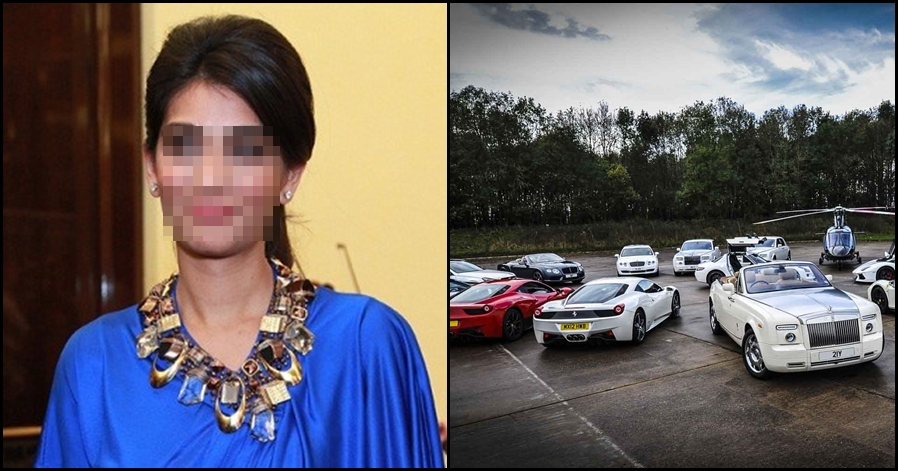No products in the cart.
Hindu Wife Can’t Inherit Muslim Husband’s Property, Rules SC
Recently, Tanishq released an advertisement that aimed to promote love jihad by showing a Hindu girl married into a Muslim family. The ad created an outrage mostly among the Hindu Community, #BoycottTanishq began trending on social media.
People from various sections of the society condemned the advertisement and called it out for ‘promoting Love Jihad‘. Following the uproar, Tanishq took down the advertisement from its social media handles, as well as its official Youtube channel.
According to the existing laws, if a Hindu girl marries a Muslim boy without converting to Islam beforehand, the marriage would be considered irregular or invalid. In such a case, the wife will be entitled to dower (mehr), she cannot inherit her husband’s property, the Supreme Court (SC) has ruled.
The order by the apex court upholds an earlier order of the Kerala High Court, by which it was ruled that the son of one couple, Mohammed Ilias and Valliamma, was legitimate and was entitled for a share in his father’s property. Valliamma was a Hindu at the time when the marriage took place.
“The legal effect of a fasid marriage is that in case of consummation, though the wife is entitled to get dower, she is not entitled to inherit the properties of the husband. However, the child born in that marriage is legitimate just like in the case of a valid marriage and is entitled to inherit the property of the father,” the SC said.
Under the Muslim law, a marriage is a civil contract which can be broken at the will of the parties concerned. There are mainly three types of marriage (Nikaah) under the Muslim. law- sahi, batil and fasid which mean valid, void and irregular respectively.
A marriage that follows all the prerequisites set under the law is a legal or sahih marriage. An irregular marriage, known as a fasid marriage, takes place when the two parties fail to fulfil the prerequisite norms to make it valid. If a Muslim marries for the fourth time, for instance, it would be a fasid marriage. Similarly, if there are no witnesses to the ceremony, the marriage would be held irregular under the Islamic law. A marriage that involves taking the consent of either party forcefully is considered void. Children born out of such wedlock have no right in their father’s property.
While giving its verdict in a case recently, the top court also ruled that children born out of such wedlock are legitimate, and are eligible to inherit the property of their fathers.
“The marriage of a Muslim man with an idolater (Hindu) or fire worshipper (Zoroastrians) is neither valid nor void, but is merely an irregular marriage … the legal effect of this is that though the wife is entitled to get dower (mehr), she is not entitled to inherit the properties of the husband, in case of consummation of the marriage. The child born out of that marriage is legitimate, as is in the case of a valid marriage, and is entitled to inherit the property of the father,” the SC ruled.
Mehr is a gift which is given to bride by a Muslim husband at the time of marriage. There are no fixed rules on the Mehr amount, and it is fixed between the two parties after consultation. The SC ruled is based on the fact that an irregular marriage is not unlawful in itself.
“A void marriage is one which is unlawful in itself, the prohibition against such a marriage being perpetual and absolute. An invalid marriage is described as one which is not unlawful in itself, but unlawful for something else … (like the absence of witnesses, etc.),” the SC said.












